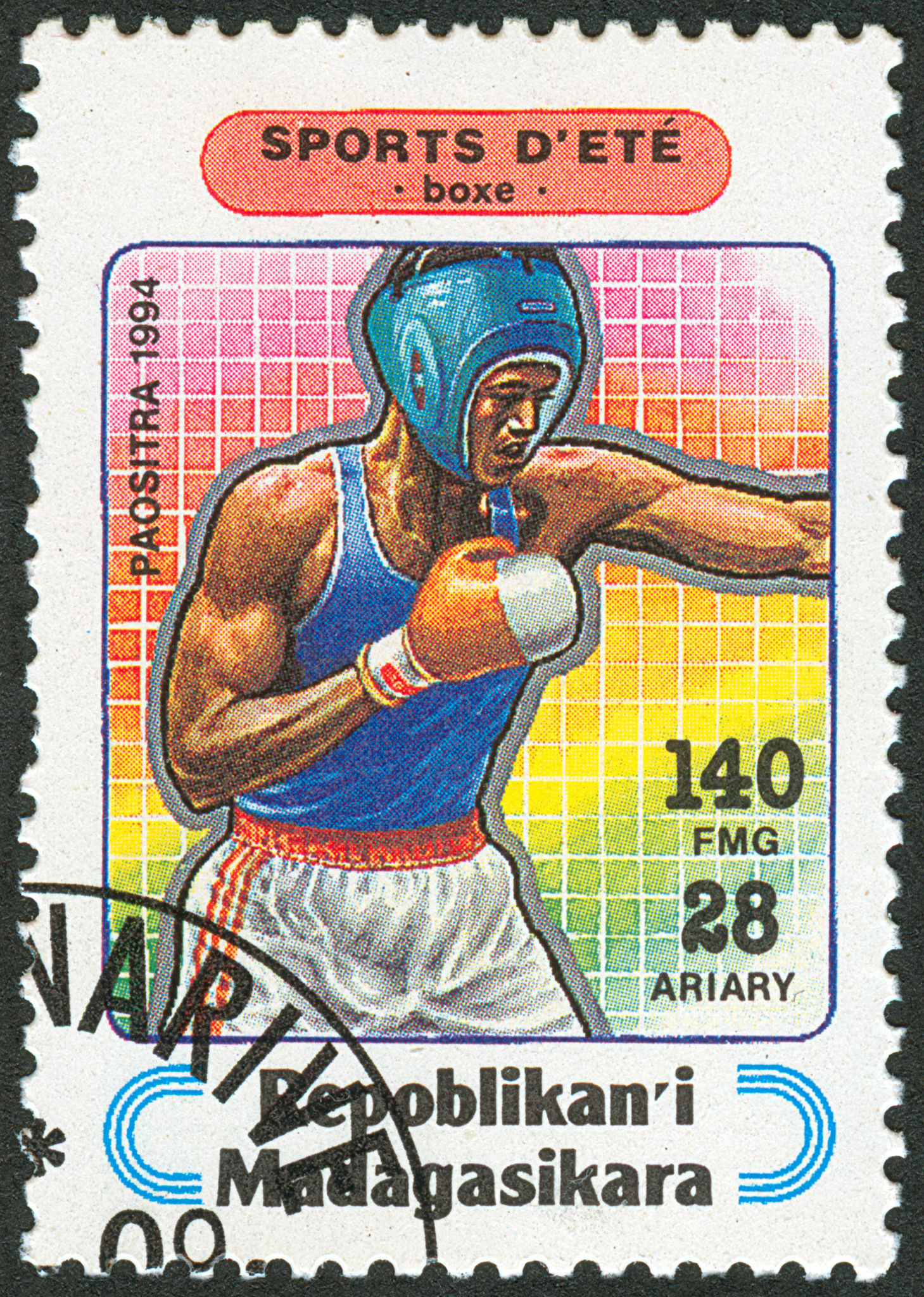Myth-Busting Sports Cards: Debunking Common Misconceptions
Understanding the Basics of Sports Cards
Sports cards have been a cherished part of sports culture for decades, but there are numerous misconceptions surrounding them. Many people view them as outdated or simply children's toys, but in reality, they are much more than that. Understanding the basics can help debunk these myths and highlight the true value that these collectibles hold.
From the early days when baseball cards came packaged with chewing gum to today's digitally enhanced trading cards, the hobby has evolved significantly. Sports cards are not just nostalgic pieces but also represent an investment opportunity for collectors worldwide.

Myth: Sports Cards Are Just for Kids
One of the most common misconceptions is that sports cards are only for kids. While it's true that many children enjoy collecting them, the hobby has a substantial adult following as well. In fact, many collectors are adults who have carried their passion from childhood or picked it up later in life as a serious pursuit.
The market for sports cards is vast and includes grading services, auctions, and even conventions dedicated to the hobby. Serious collectors often invest significant time and money into building their collections, making this pastime much more than a child's game.
Myth: All Sports Cards Are Valuable
Another prevalent myth is that all sports cards hold significant monetary value. While some rare cards can indeed fetch impressive prices at auction, the majority of sports cards are not worth a fortune. The value of a card depends on factors such as rarity, condition, player popularity, and historical significance.
It's important for new collectors to research and understand what makes certain cards valuable. Not every card will lead to a financial windfall, but focusing on quality over quantity can help build a collection with both personal and potential monetary value.

The Role of Grading in Card Value
Grading is a crucial aspect in determining the value of sports cards. Professional grading services assess the condition of a card, providing it with a grade that can significantly influence its market value. This process involves evaluating factors like corners, edges, centering, and surface quality.
Collectors often seek graded cards as they offer assurance of quality and authenticity. Understanding the grading process can help debunk myths about card value and highlight why some cards command higher prices than others.
Myth: Sports Cards Are Just Paper
Contrary to popular belief, sports cards are not just mere pieces of paper. Modern cards can feature advanced printing techniques, holographic elements, and even embedded memorabilia like game-worn jersey swatches or autographs. These innovations have transformed sports cards into intricate works of art that capture the spirit of the game.

In addition to their physical attributes, sports cards also carry an emotional and cultural significance. They serve as tangible connections to players and moments in sports history, making them far more than just simple collectibles.
The Future of Sports Card Collecting
The world of sports card collecting continues to evolve with technological advancements. Digital platforms and blockchain technology have introduced virtual cards and NFTs (non-fungible tokens), expanding how enthusiasts engage with their collections. This evolution demonstrates that sports cards are far from obsolete, and they continue to adapt to modern trends.
As these innovations take hold, it's essential to stay informed about the latest developments in the hobby. By debunking common myths and understanding the true nature of sports card collecting, both new and seasoned collectors can fully appreciate this ever-evolving pastime.
